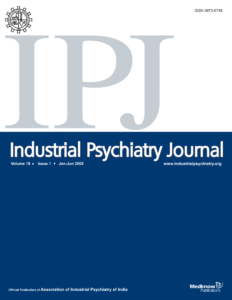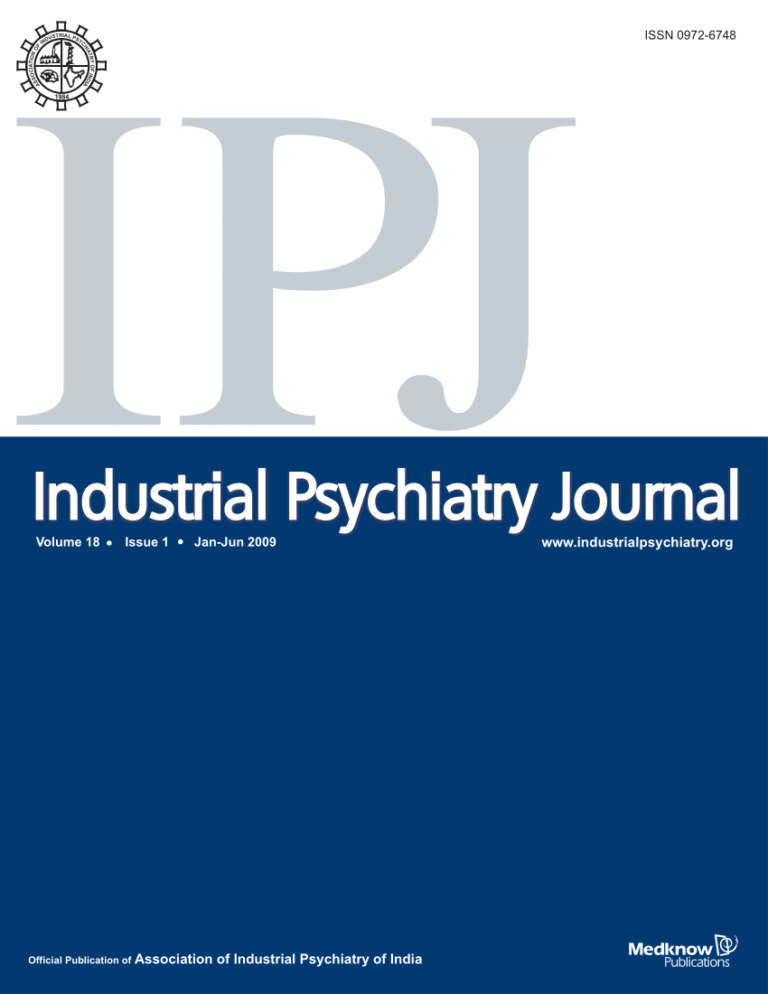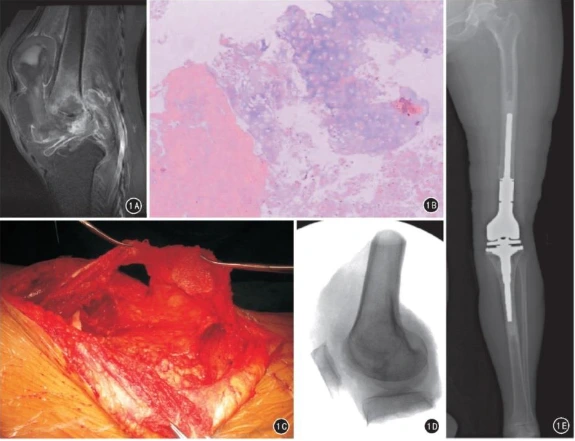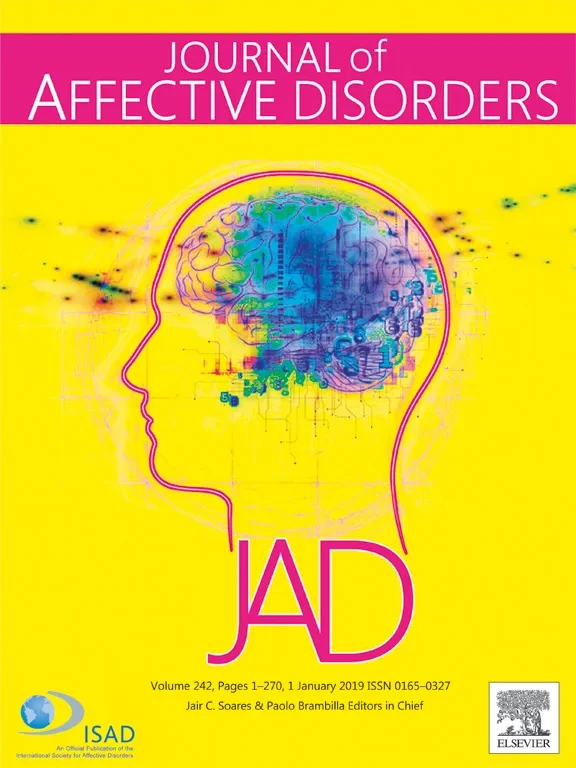Abstract: The COVID-19 outbreak spillovers mental health burden where suicide is a common psychological public health issue that affects people all over the world. This study aimed to explore the factors associated with suicidal behavior among university students in Bangladesh after one year of the COVID-19 outbreak.
Methods: An online cross-sectional survey was conducted among 2100 Bangladeshi university students aged ≥18 years from April 29 to May 15, 2021. The survey questionnaire contained socio-demographic information, COVID-19 related physical and psychosocial factors (CRPPF), preventive response to psychological stress, and the Suicidal Behaviors Questionnaire-Revised (SBQ-R) scale. Descriptive statistics along with logistic regression were performed for statistical analysis.
Results: About 47.90% of the students were at risk of suicidal behavior, and female students were very likely to be at risk of suicidal behavior than their male counterparts (AOR = 2.28; 95% CI: 1.86 to 2.81). Keeping distance from friends or family (AOR = 1.66; 95% CI: 1.34 to 2.04), having relationship problems (AOR = 2.20; 95% CI: 1.79 to 2.70), feeling own selves as burden to families (AOR = 2.50; 95% CI: 2.02 to 3.11), and being stressed of lockdown (AOR = 1.56; 95% CI: 1.19 to 2.03) were highlighted as some of the significant factors associated with increased risk of suicidal behavior.
Conclusion: University students were exposed to several factors that impose the risk of developing suicidal behavior. Concerned authorities should design & implement appropriate strategies for ensuring suicidal prevention besides their mental well-being.
https://doi.org/10.1016/j.heliyon.2022.e08782

















